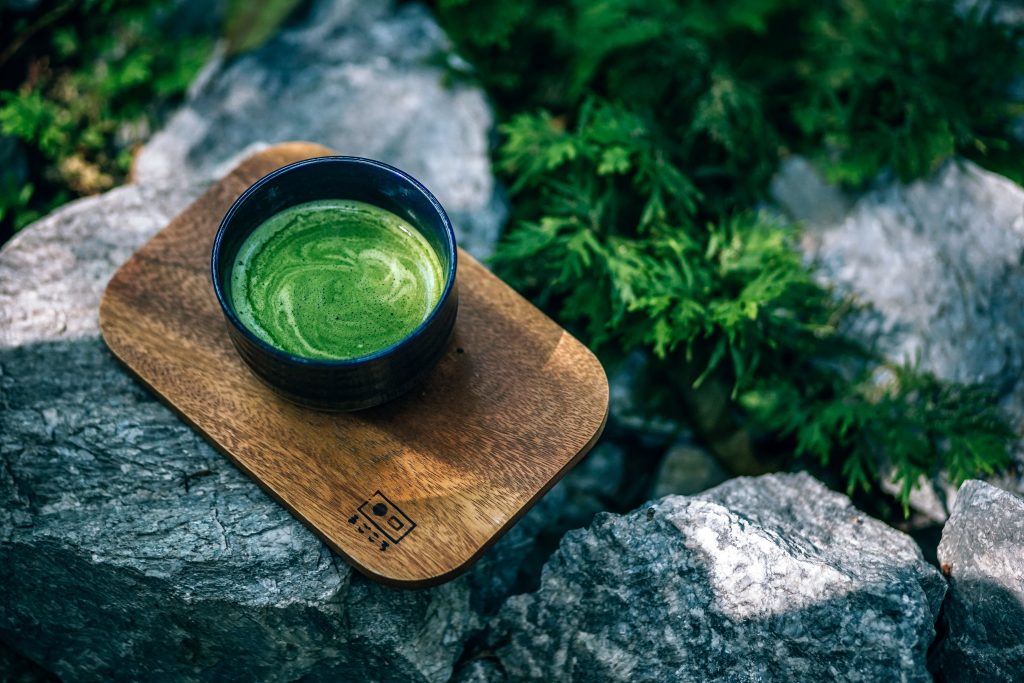
Why green tea is bad for you?
So you’re a university student. If green tea has all the health benefits of a latte, then why is it so unhealthy? If green tea is as healthy as latte, why does that need health warning on the label? Good question. There’s no perfect answer. Green tea’s antimicrobial and antioxidant benefits make it a good addition to a well-balanced diet, but it’s possible that drinking green tea, which contains the chemical caffeine, can actually have a harmful effect on your health. The most recent version of the British Dietetic Association’s tea health claim labels, which now live on the government website, warn consumers that: Caffeine has been shown to increase the risk of cancer of the bladder.
Tea consumption may not harm you in any way. But you might be consuming more sugar than you should, according to American Heart Association. Your everyday teas, like black tea, green tea, oolong tea, and herbal tea, have high levels of caffeine. A serving of tea contains 40 mg of caffeine per cup. A large serving of regular tea can contain as much as 400 mg of caffeine. In addition, certain herbal teas, like pu’erh, have high levels of caffeine, and also high amounts of polyphenols, or compounds found in fruits and vegetables that can have a variety of health benefits.
Green tea (Camellia sinensis) tea is traditionally steeped in hot water in order to increase its concentration of polyphenols, mainly catechins. Many people drink green tea in order to increase their mental alertness or avoid the hangover effects of alcohol, but green tea also can have health benefits. The main polyphenol in green tea, theaflavin, has been shown to reduce blood pressure and heart rate in healthy people. Green tea also contains theobromine, which has been shown to protect liver and heart cells against the damaging effects of alcohol. It is also easy to find in green tea extract sold over-the-counter for allergy or sleep aids.
Is it safe to drink green tea every day?
Saying that green tea does not cause your joints to hurt is not a lie! Green tea does contain many health benefits and is a really good source of many nutrients for your body. In addition, green tea can also decrease your risk of heart disease and arthritis, according to the American Heart Association.
To be safe, always drink tea in moderation. We suggest trying a cup of tea just once a day for optimal health.
If you already drink green tea or have made your own, we encourage you to check the label for any recommended daily serving of caffeine for most people. If you don’t want to drink caffeine in any form, we recommend choosing whole green tea.
In normal times, green tea can help you lose weight if you drink it in moderation, say experts.
For one, green tea has no calories. And while it contains several types of compounds that some people find helpful, there’s no scientific evidence that it would harm you, say the experts at the British Dietetic Association.
People with metabolic syndrome and the metabolic syndrome related to obesity are advised not to drink more than two cups of tea.
Yes. Green tea is a rich source of antioxidants. There are studies suggesting that green tea may help reduce cardiovascular disease risk factors like high blood pressure and blood sugar, and even help to control a type of cancer. Green tea contains polyphenols, which are antioxidants. Those polyphenols help to repair the cell walls, which are damaged when there is inflammation. Green tea also helps to lower the risk of diabetes and high cholesterol. Green tea is also useful for managing high blood pressure, blood sugar, and blood glucose, and improves cholesterol and triglycerides.
I’m just getting started! That’s my favorite shade of green and I’m beginning to see shades of green that are similar but different from the green at the top of my greenscreen stack. Should I start to increase my intake of greens? We do know that it improves the lung function, but it’s not as easy as one would think. Personally, I would not start to drink much green tea over the summer months. I am going to talk more about green tea and lung health later on in this Q&A.
Is green tea actually healthy?
Not all green tea is created equal, but green tea is generally considered the healthiest. One reason green tea is so common in the Western world is because it has been historically used as a medicinal treatment. People have used it to aid in digestion and as a mild sedative.
Although green tea has been linked with a few health benefits, it can’t claim to be the best drink for a long term benefit.
However, research shows that it can help improve certain aspects of metabolism. Researchers from Duke University have published two research papers in the journal Metabolism showing green tea improves glucose metabolism.
Green tea is a moderate source of caffeine, and it can provide the same benefits as caffeine found in colas and sports drinks. Consuming green tea will give you the same mental energy you’d get from drinking eight cups of coffee a day, but without the caffeine. The caffeine in green tea has the same effect on your body, but it is processed differently and does not act as a stimulant, which may be why it does not produce as many of the physical effects of coffee consumption.
Proven to provide numerous health benefits, there’s no doubt that green tea’s health benefits are well established. Many foods, including dairy products, contain caffeine, and many people feel the effects of caffeine both directly and indirectly through cola or coffee consumption. According to a 2001 study published in Journal of the American Medical Association, green tea is the safest beverage, using the same amount of caffeine as coffee. However, when it comes to focusing, processing, and caffeine use, the best way to guarantee a full and balanced caffeine-green tea intake is to drink tea without these third-party triggers.
